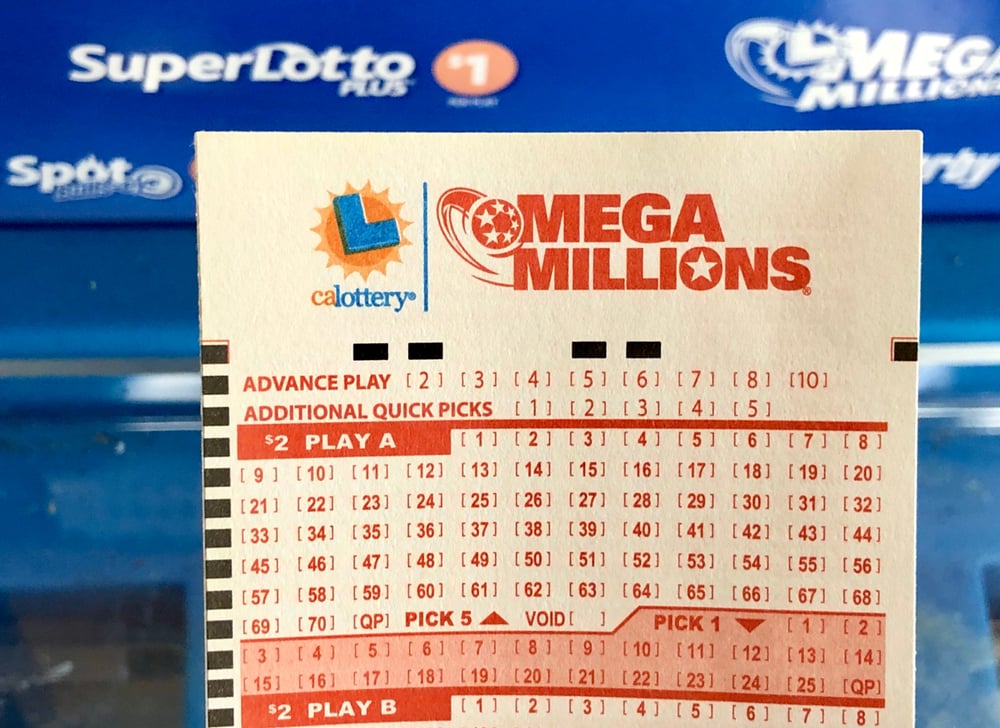Have you ever been curious to know about the identity of any lottery winner? If yes, then this article is for you. Some questions revolve in our heads, like why some of the lottery winners keep their identity as a secret. There are many reasons to do so.
The $202 million lottery
$202 million is more money than most of us will ever earn in our lifetime. But one lucky jackpot prize winner from the city of New Jersey may be able to have all that money without ever revealing his identity – all thanks to a new law that came into effect in January this year.
According to the New Jersey Lottery, Tuesday’s Mega Million jackpot was won by an individual ticket that was sold at a store in Edison. The ticket has matched all the six numbers of 64,52,32,6,4 and the mega ball of 6. The $202 million lottery jackpot has a cash value of nearly $142 million. But we may never be able to find out who the new millionaire is…
New Jersey Gov. Phil Murphy signed a law in January this year that allows lottery winners to stay anonymous. Former Governor Chirs Christie has not agreed with this legislation during his tenure, arguing that this law would undermine the transparency that gives taxpayers confidence in the integrity of the lottery.
But many people argued that the lottery winners should be able to make their own choice on whether they want to stay anonymous or want the publicity. New Jersey is now part of a handful of other states, including Arizona, Delaware, Kansas, and Georgia, that allow lottery winners to stay anonymous if their winning exceeds a certain amount.
A choice for fame
The latest law states that If the person wants the fame of winning a lottery, they can have it, but if a person wants to keep it private. Then they should be kept anonymous.
Officials say that this law will prevent lottery winners from being harassed and hounded as a result of their newfound wealth and fame. There have been cases where lottery prize winners have been robbed or much worse, even killed.
The law exempts addresses and names of lottery winners from the state’s open records laws, but state agencies are still able to share information within state departments.
Remaining anonymous can be a decision between life or death
The overnight wealth and fame may bring luxury homes, cars, and vacations to lottery winners, but it can also lead to gain in unwanted attention, violence, and harassment. In 2016, a 20-year old man who won a lottery of $434,000 was killed during a home robbery in Georgia, according to WALB (CNN affiliate).
And in 2010, another man named Abraham Shakespeare, who won $31 million in the lottery, was found buried. His friend Dee Dee Moore was sentenced to jail for his murder.
Because of this, a New Hampshire woman even sued the New Hampshire lottery because she wanted to collect her lottery prize of $560 million in anonymity. In her lawsuit, reportedly said that revealing her identity would constitute an invasion of her privacy, and the lady won the judgment.
After this $202 million lottery, the Megamillions jackpot has again resorted to $40 million. By now, you may have understood that why you may never know who won a $202 million lottery.








